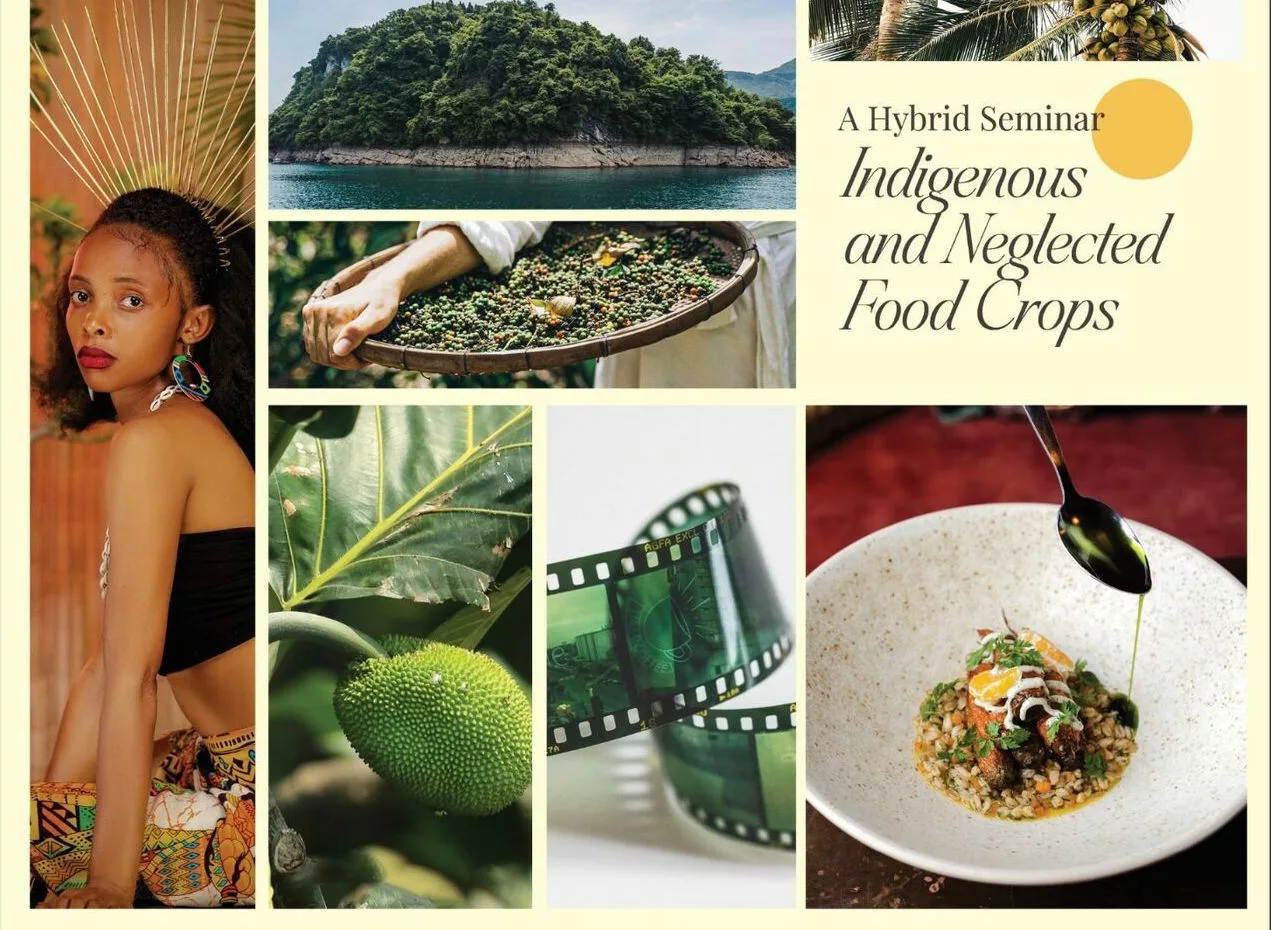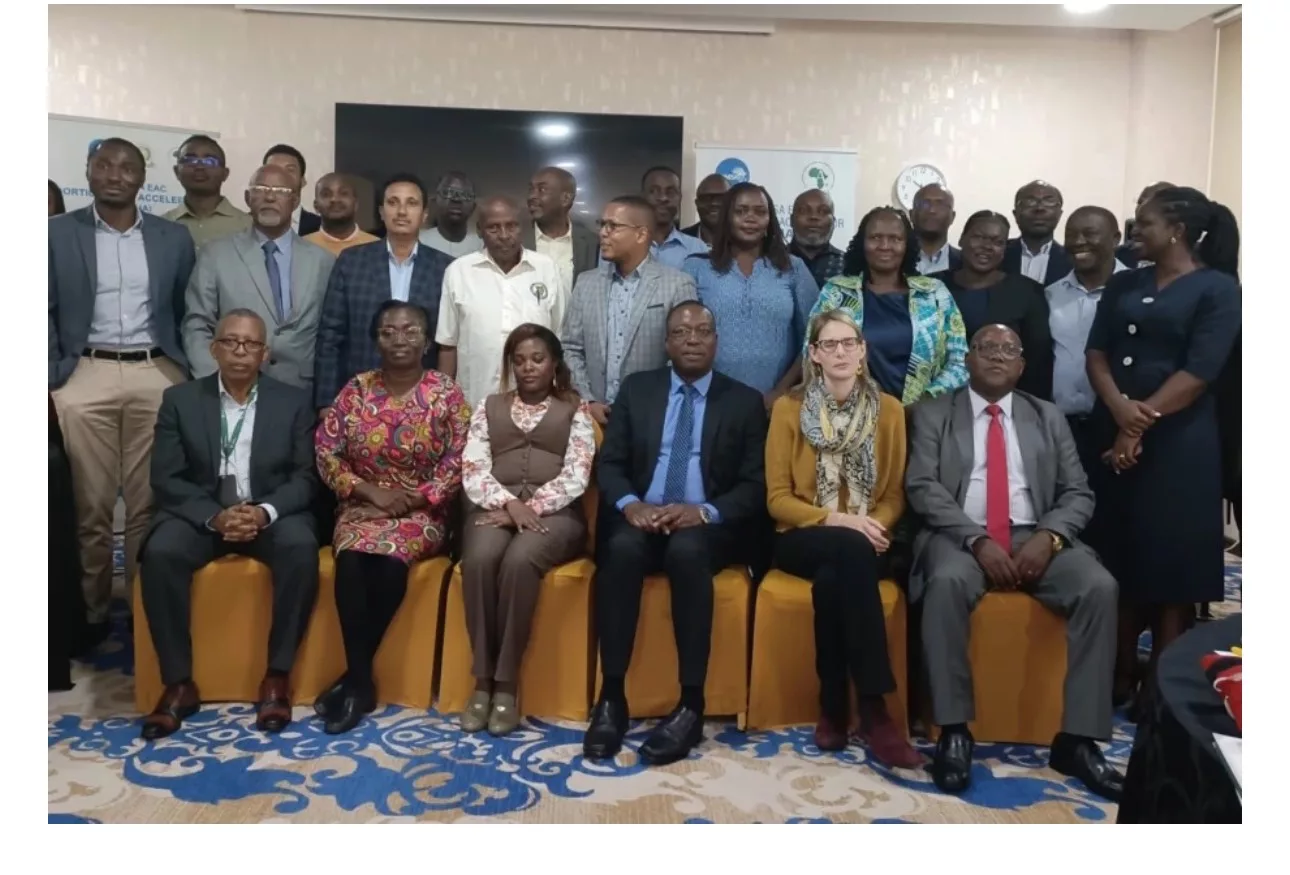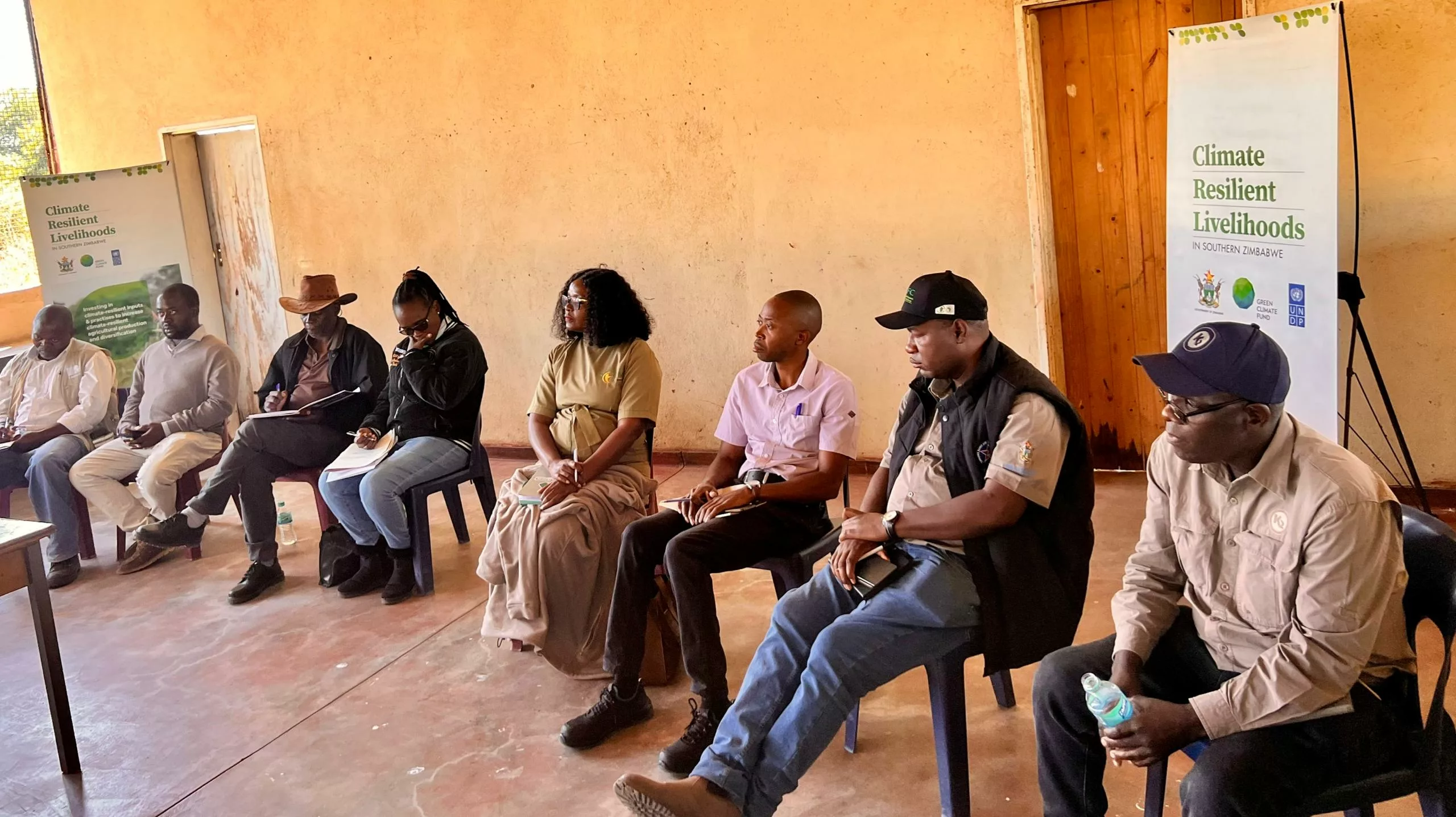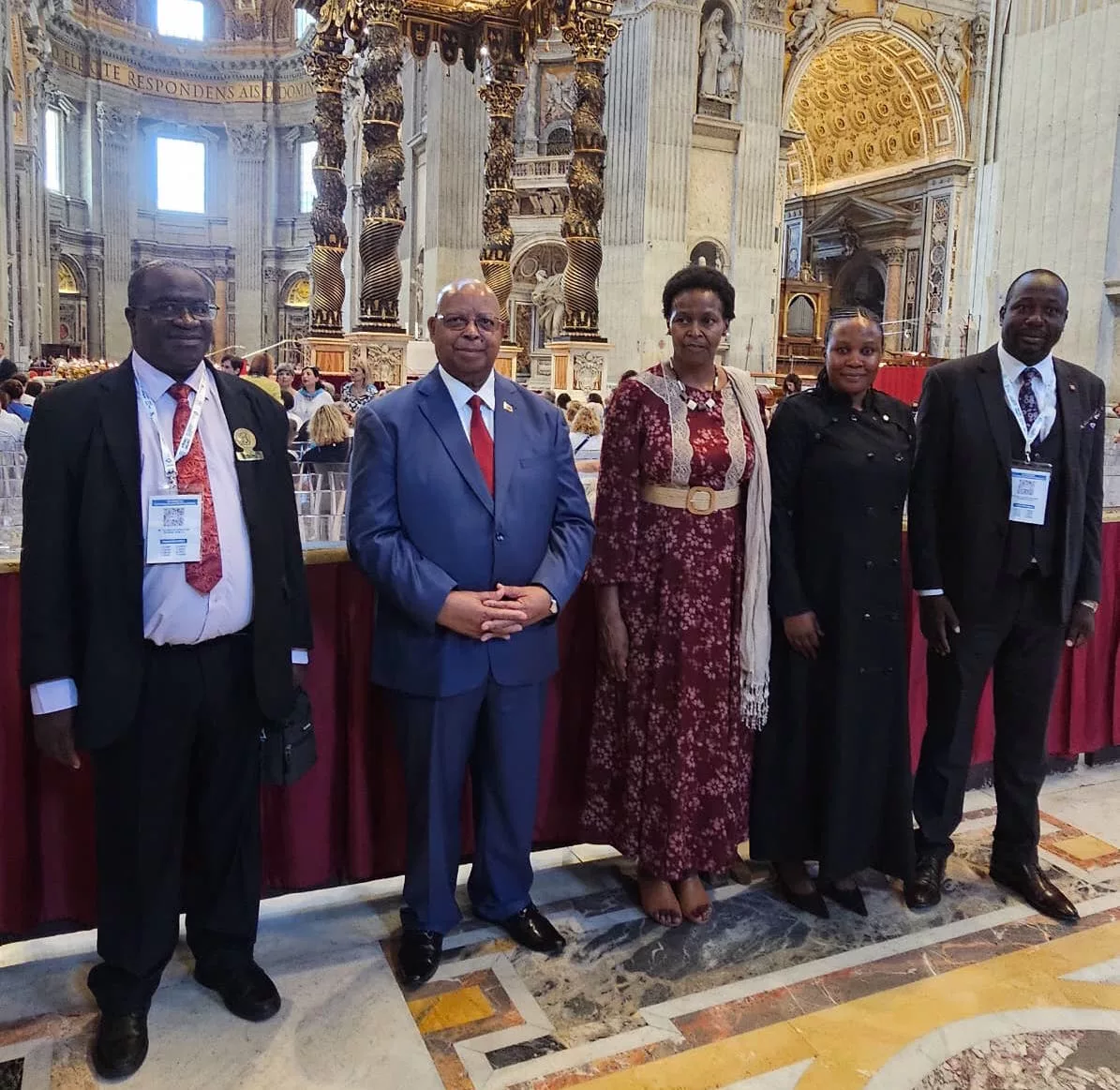|
Getting your Trinity Audio player ready...
|
By FANRPAN
Convening multi-stakeholder policy dialogues is one of the Food, Agriculture and Natural Resources Policy Analysis Network (FANRPAN). Convening policy dialogues is crucial for promoting evidence-informed policymaking, fostering mutual understanding, and achieving better policy outcomes. It allows stakeholders to engage in a structured process of discussing issues, identifying priorities, and finding common ground. Ultimately, policy dialogues aim to influence policy decisions and improve the effectiveness of interventions.
Against this backdrop, AgriLuxe Marketing in partnership with the University of Johannesburg, the University of West Indies, and FANRPAN convened a hybrid dialogue. The dialogue was attended by 160 participants (10 attended physically and 140 attended virtually). The objective of the dialogue was to highlight social, economic, and environmental relevance of indigenous, neglected and under-utilized crops to Africa and the Caribbean. More specifically, to promote these African and Caribbean crops and related value-added foods and products as a unique ingredient for developing tourism. As a co-convener of the dialogue, the FANRPAN CEO and Head of Mission, Dr Tshilidzi Madzivhandila, showcased how Indigenous and Neglected Food Crops advocacy initiative aligns with FANRPAN’s mandate and programming.
FANRPAN is a pan-African policy think tank with a vision of “resilient African agriculture and food systems, in harmony with nature, delivering prosperity and health for all” supported by a mission to “create a conducive and supportive policy and regulatory environment”. Dr Madzivhandila underscored that “as FANRPAN we have a vested interest to support this dialogue focusing on Indigenous and Neglected Food Crops”. He presented that the topic we are discussing aligns with FANRPAN mandate in three ways:
- Research and Policy Analysis: FANRPAN can assist this valuable process though co-generation of research-based evidence to inform policy and practice. The question here is “what proof of concepts and research-based evidence is required to ensure that indigenous and neglected food crops are significant part of the food system”. At current, food systems are not delivering as expected and indigenous knowledge if being ignored.
- Capacity Strengthening for both individuals and institutions. Science is not an end in itself; it should bring societal change. FANRPAN can assist this process by ensuring that we are able to engage meaningfully with the policy engagement process. This is for:
- The supply-side of evidence: where we worry about translation of research evidence – to advocate; especially by the non-state actor, and
- The demand-side of evidence: This is the capacity to appraise research evidence for decisions and practice.
- Third Mandate is Policy Advocacy: We can assist by convening of multi-stakeholder planforms like this one; and production of policy advocacy and knowledge products (e.g., policy advocacy and advisory notes). There is a need to bring together the state and non-state actor to discuss challenges and opportunities. Noteworthy, we have presence in 17 African countries – as FANRPAN we can assist to bridge this disconnect through the FANRPAN national policy Nodes.
On related activities that we are implementing at FANRPAN:
Thematically, this initiative is a perfect fit to FANRPAN programming; and the question is how? He demonstrated alignment practicality through showcasing FANRPAN 2025-2035 Strategic Plan six (6) thematic areas:
- Climate Change Resilience: Majority of these crops are drought resistance; FANRPAN do have a climate change adaptation research portfolio which include indigenous crops as an innovative solution.
- Nutrition and Sustainable Livelihoods: These indigenous and neglected food crops are nutrient dance, are part of healthy diets and provides income earning opportunities. FANRPAN have a research portfolio looking into “how can agriculture deliver positive nutrition and health outcomes?”.
- Natural Resources and Environment: Majority of these crops are part of Nature-based solutions (e.g., soil health, water management, biodiversity, etc.). FANRPAN is open for business to co-create a joint research and advocacy programme focusing on a Healthy People and Healthy Planet nexus.
- Trade and Markets: FANRPAN can collaborate with African and Caribbean partners to leverage the AcFTA (African Continental Free Trade Area). But for local markets, FANRPAN have projects looking into: women access to agricultural markets, strengthening capacity of SMMEs, and enhancing entrepreneurship skills valorising indigenous and neglected food crops.
- Investments in Agriculture: Contemporary innovations are central; as such, FANRPAN advocates for more investment into climate change adaptation and indigenous and neglected food crops Research and Development (R&D) and development programming.
- Technology and Innovation: In part, the dialogue discussion also focused on the development of new products which are more acceptable modern-day consumers. FANRPAN can partner to address these two questions:
- What technologies are required to achieve this?
- What initiatives are required to secure and protect Intellectual Property (IP) for the indigenous people?
- Gender, Equity, and Social Inclusion: FANRPAN is deliberate about supporting the livelihoods of designated groups. FANRPAN experience can be leveraged to ensure that indigenous and neglected food crops opportunities are empowering women, and are including youth and indigenous people meaningfully.
Where are the opportunities for new programming and investments?
FANRPAN just concluded a study funded by World Food Programme (WFP) titled “Southern Africa Development Community (SADC) Indigenous Food Development Programme”. The study was to scope for bankable opportunities from the 16 SADC member states. At the level, the study identified opportunities in the areas of:
- Sustainable production and supply of indigenous foods
- Those seeking to increase consumption
- Creating Market Access and Value Chain Development (e.g., agro-processing)
- Research and Development
- Capacity Building and Empowerment
- Creating an Enabling Policy and Regulatory Environment
- Monitoring, Evaluation, and Learning to identify scalable innovations.
This successful one-day dialogue Increased awareness on: (i) The socio-economic and cultural value of indigenous, neglected and under-utilized crops vis-à-vis sustainable tourism development for the regions; (ii) Opportunities for partnerships between the two regions in promoting indigenous and local foods crops and sustainable tourism; and (iii) Opportunities for relevant policy and investment projects.
AgriLuxe Marketing and partners will share the dialogue report detailing the next steps soon; be in the look-out.






